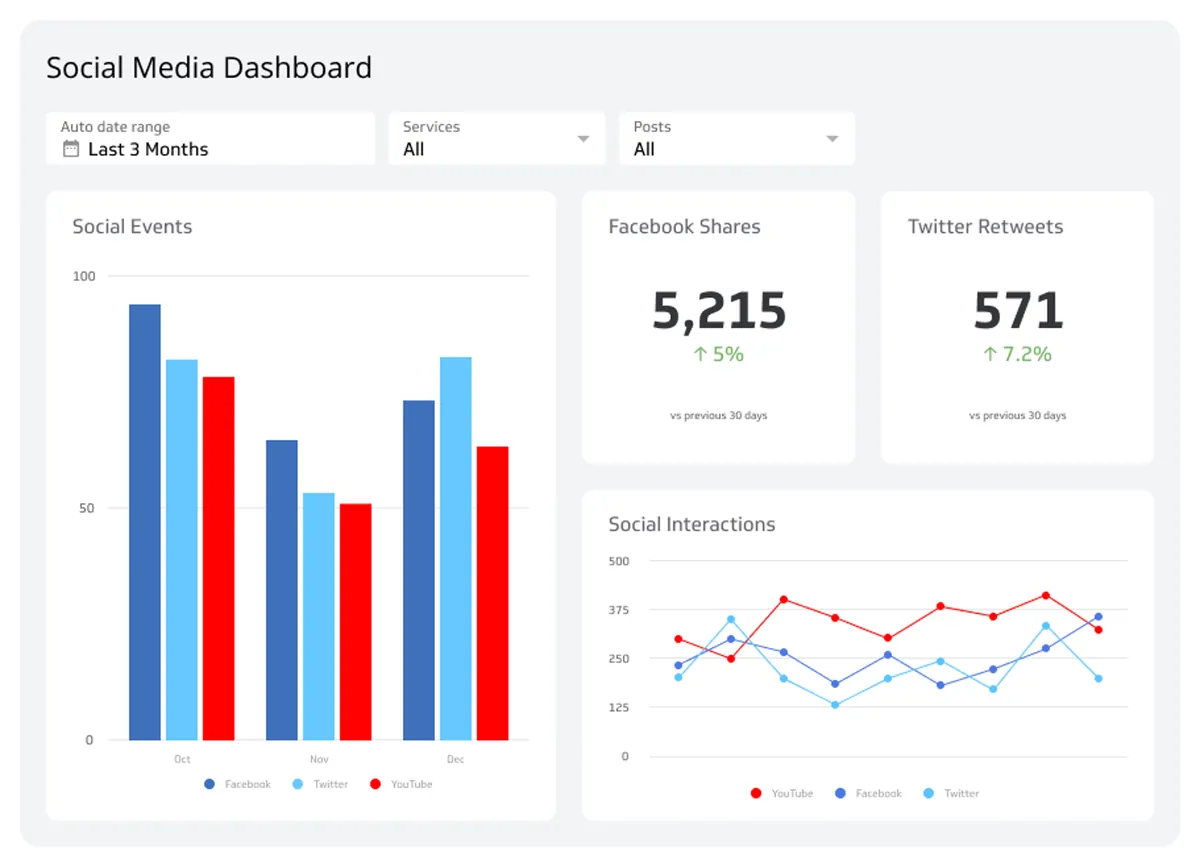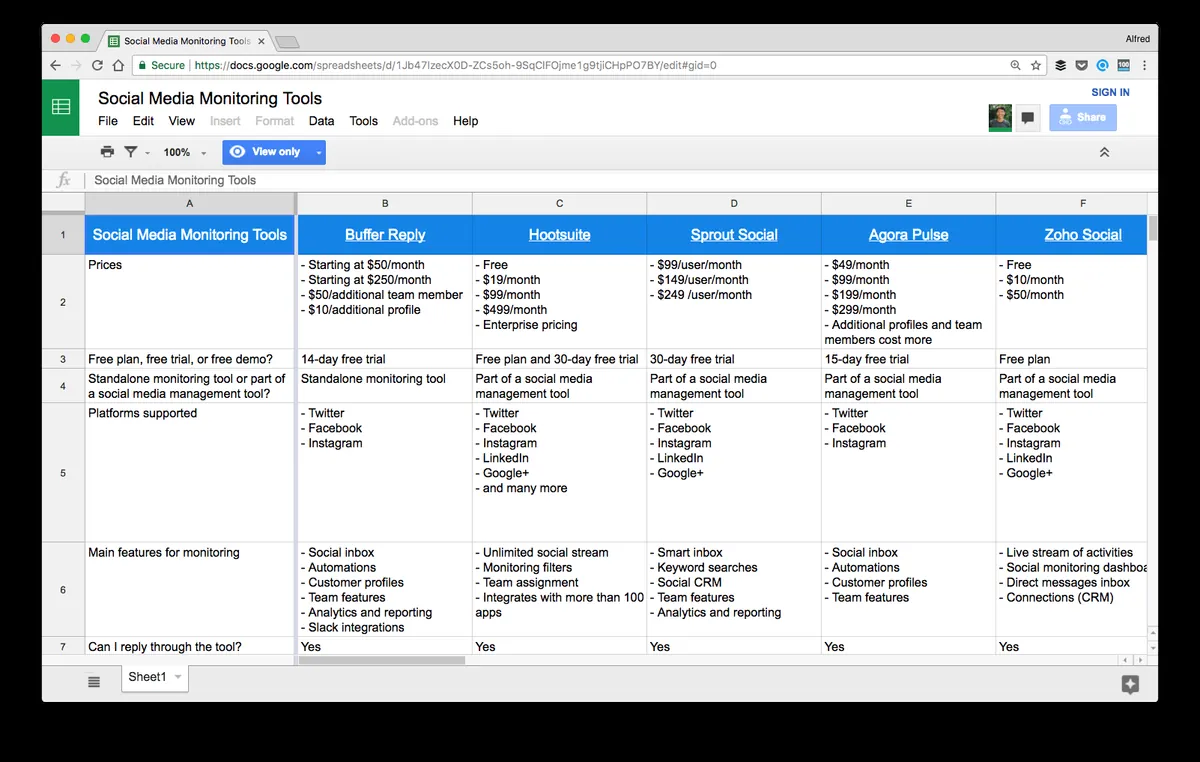Meta Discontinues CrowdTangle, Sparking Concerns Over Social Media Monitoring
Meta has shut down CrowdTangle, a crucial tool for tracking social media content, despite protests from researchers and organizations. The move raises questions about transparency and misinformation monitoring capabilities.

Meta Platforms, the parent company of Facebook and Instagram, has discontinued CrowdTangle, a widely-used tool for monitoring social media content. This decision, implemented on August 9, 2024, has sparked significant concern among researchers, watchdog organizations, and journalists who relied on the platform to track the spread of misinformation.
CrowdTangle, acquired by Meta (then Facebook) in 2016, had become an essential resource for analyzing social media trends and identifying potentially harmful content. Its shutdown comes at a critical time, with the U.S. presidential elections on the horizon in November 2025.
In response to the closure, numerous organizations have voiced their opposition. In May 2024, a coalition of groups, including the Center for Democracy and Technology, the Digital Forensic Research Lab at the Atlantic Council, Human Rights Watch, and NYU's Center for Social Media & Politics, appealed to Meta to maintain CrowdTangle's operations at least until January 2025. Their primary concern was the tool's importance in pre- and post-election oversight.
"This decision jeopardizes essential pre- and post-election oversight mechanisms and undermines Meta's transparency efforts during this critical period, and at a time when social trust and digital democracy are alarmingly fragile."
The Mozilla Foundation, established to promote openness and innovation on the Internet, had previously sent a similar request to Meta in March 2024. Both letters emphasized CrowdTangle's role in maintaining platform transparency and its significance in understanding the spread of disinformation and hate speech on Facebook.

As an alternative, Meta has introduced the Meta Content Library. However, this new tool has faced criticism for its limited access and functionality. Unlike CrowdTangle, which was freely available, the Content Library is restricted to academic researchers and nonprofits, excluding most news organizations.
Nick Clegg, Meta's president of global affairs, addressed these concerns in a recent blog post. He stated that the company has been actively gathering feedback from hundreds of researchers to enhance the Meta Content Library's user-friendliness and data accessibility.
Meta defends its decision, arguing that CrowdTangle did not provide a comprehensive view of platform activity. The company asserts that its new tools offer a more complete picture of content trends on its platforms.
This development occurs against the backdrop of ongoing debates about social media's role in spreading misinformation, particularly during election periods. Since the 2016 U.S. presidential election, there has been growing concern about the impact of false information circulating on these platforms.
Meta, which has faced numerous controversies regarding data privacy and content moderation, continues to be under scrutiny from regulators and lawmakers. With billions of active users worldwide, the company's decisions have far-reaching implications for global information flow and democratic processes.
As the 2025 U.S. presidential election approaches, the absence of CrowdTangle raises questions about the ability of researchers and journalists to effectively monitor and analyze social media trends. The coming months will likely see continued debate over the balance between platform control and public transparency in the digital age.


































